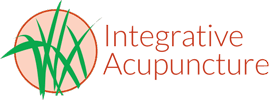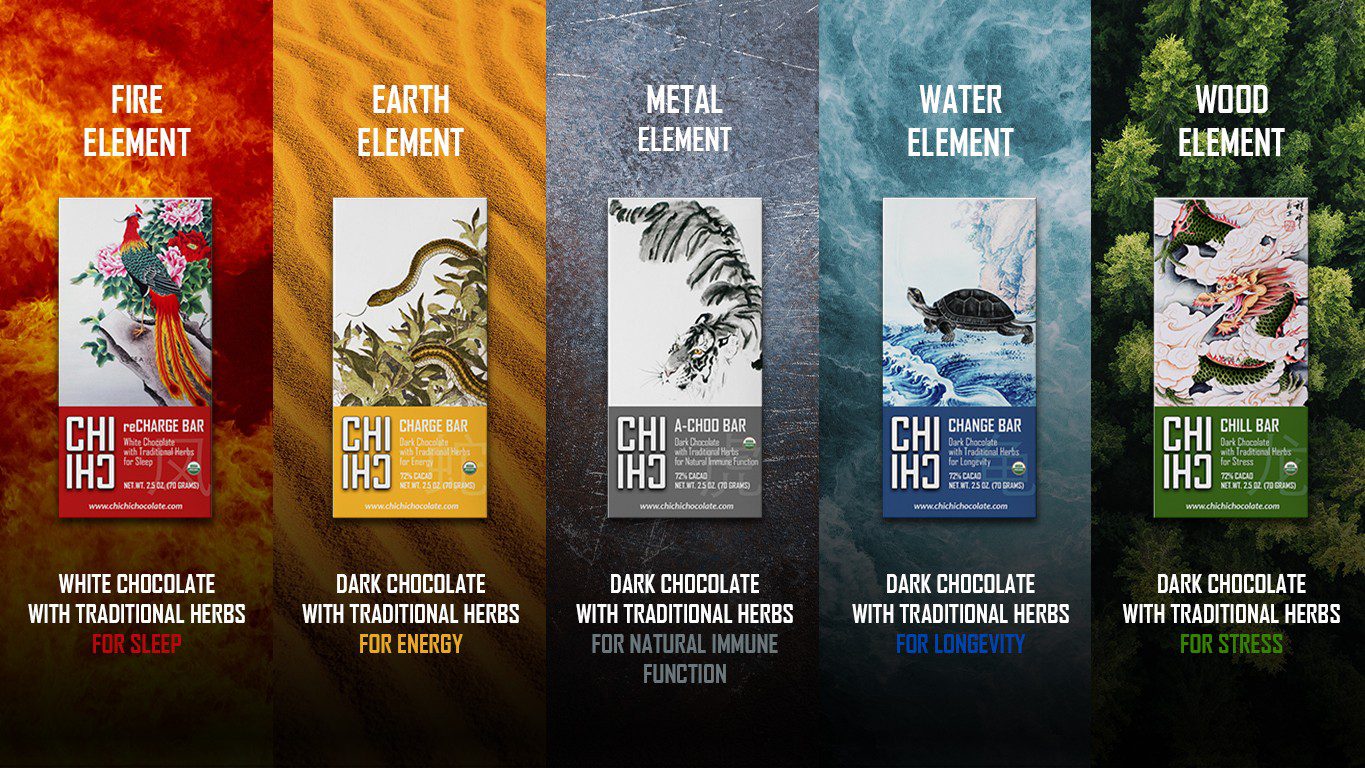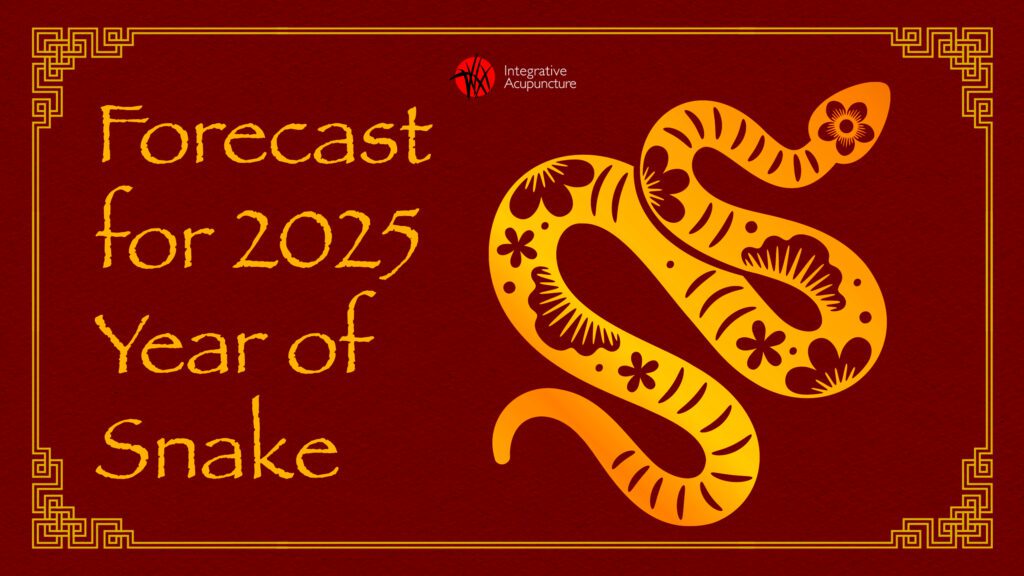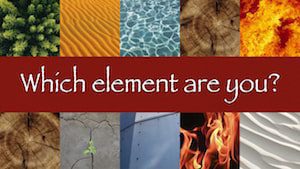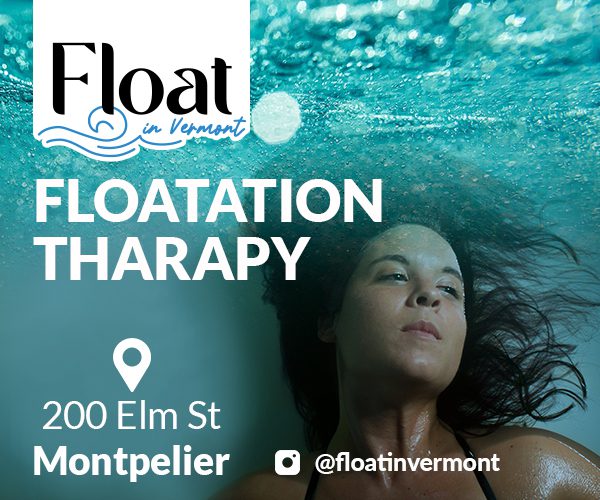The exploration and enhancement of consciousness.
An odd process given that we are still not sure what consciousness is. Yet, could it be that this process is primary in re-structuring ethics and praxis in an ever-escalating and stressful world.
As a lifetime meditator, eco-spiritual and wilderness advocate, I took floatation as a practice to move this orientation from force to form. To light the fire of expression, philosophically, poetically, and therapeutically.
As a psychiatric RN, and researcher in the inpatient setting, I often referred discharging patients to floatation. To a person, they have sung the praises of the experience, speaking of deep relaxation, decreased anxiety and stress, sensory and creative enhancement. But most importantly, they spoke of gaining insight into their inner process(s) which they believed were the root causes of their disorders. This is amazing, but their follow-up, at times, at odds with the professional dictates was even more profound. A more organic, natural process/therapeutic which not only provided insight but allowed for more control and self-assessment potential.
Much front-line medical treatment is deeply reductionist, at times, minimally human-focused. Where the person becomes deeply objectified, often reduced to data. Which often leads to or requires treatment of a similar sort. This is not an indictment of such treatment, it often serves a vital function. But another form of treatment exists. One which scientific research supports, and is deeply human-focused, Floatation. (for further information see the Floatation Research Collective, Justin Feinstein).
Personally, floatation deepened my meditation and awareness practices.
I always strove to manifest an increased porosity between inner and outer states. To increase knowledge and awareness between interoceptive, exteroceptive, and proprioceptive perceptions. Floatation achieved this in a unique, surprising, and profound way. In this sense is it not an integrative experience/practice?
In our current cultural awareness, learning about and expressing the interface between science and spirit, knowledge and wisdom, self and other always looms. This potent interface needs to become more porous, more of a bridge. I believe Floatation aids in this process. Thus it can become a wisdom practice. Furthermore, a wonder practice, where wonder essentially leads to opening, thought, inquiry, and creativity.
Stephen W Johnson
